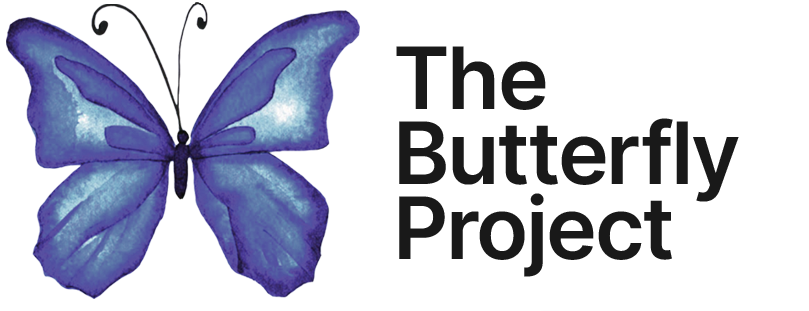In 2024 we started some new research working with multiple stakeholders to design a questionnaire study. We also worked with Reuben to make films with families of Butterfly babies, and in 2025 we will undertake interviews with a small number of families so we can better understand what family-life after the loss of a Butterfly baby is like. We will share our results on this page; we hope this will be before summer 2025.
Overall, the aim of our work is to better understand the experiences of families suffering the loss of a baby from a multiple pregnancy which includes twins, triplets and higher order multiple pregnancies, and where there is at least one surviving baby. This includes baby loss that occurs due to miscarriage, stillbirth and neonatal loss. We will use the knowledge we gain to co-create materials (leaflets, advice sheets etc.) with families to better educate professionals and the public and to help families learn from other families' experiences. In doing so, we also aim to raise public awareness of the life-long nature of baby loss and the unique challenges faced by surviving twins, triplets and higher order multiples.
We had an amazing response to our survey with over 200 families or twinless/lone twin individuals from the UK, but also around the world. The responses included information about the family make-up, the ages of children, and how long ago the baby had died. We asked questions about the different ways in which families make memories, how they talk about their babies, and what they do on special occasions such as birthdays and anniversaries. We also asked about the challenges parents, lone twins and other siblings face in school or other environments, for example how they respond to questions such as “how many children do you have?”. Some families told us about how religion or spirituality have helped them, and in a few instances, some parents told us how challenging they could find ‘support’ from their religious community, for example if they wanted to grieve in a different way to ‘traditions’.
We have an enormous amount of data and information and we will analyse this over the next few months. We have also started a film project with Butterfly families, and we will be sharing short clips from our website via social media later this year. We are indebted to everyone who helped with our survey and look forward to sharing some of our results later in the year. If you were one of the respondents, we are very grateful for your support!
In our studies we use the word 'baby' to include a fetus (the medical term for a baby still in the womb), a baby who is stillborn (a baby born without a heart beat) and a baby who was liveborn but dies in the first few days and weeks (neonatal death). You may find these topics emotional or upsetting. If you feel you want help with your feelings you can find information and support from the following organisations.
Support for you | Sands - Saving babies' lives. Supporting bereaved families.
Twins Trust | Bereavement Service
Baby loss information and support | Tommy's (tommys.org)
The questions in our survey were developed by a stakeholder group that included parents affected by baby loss, surviving children from a multiple pregnancy, healthcare professionals (doctors, nurses and midwives), psychologists, teachers and researchers. We are grateful to representatives and parents from the following organisations and networks who have also contributed including the Lone Twin Network, Bereavement Training, Child Bereavement UK, Stillbirth and Neonatal Death Society (Sands UK), Pregnancy and Infant Loss (PAIL Canada), Skye High Foundation, Tiny Lives charity, Footprints Baby Loss Charity, Twins Trust, Elizabeth Bryan Multiple Births Centre, Assisting Parents And Raising Twinless Twins (APARTT).
